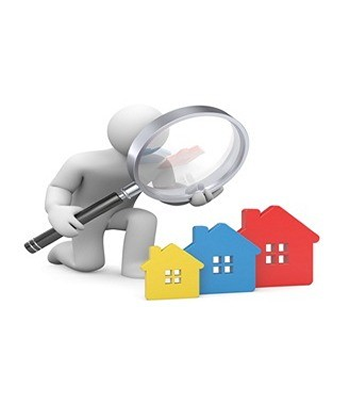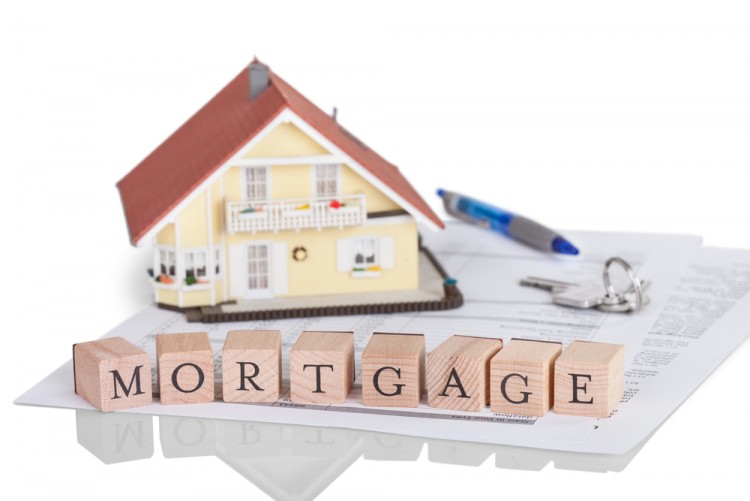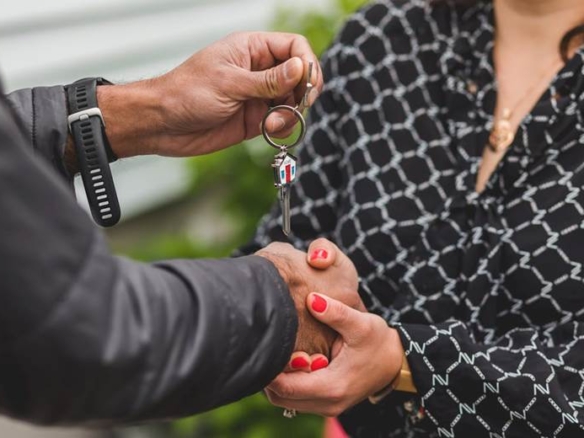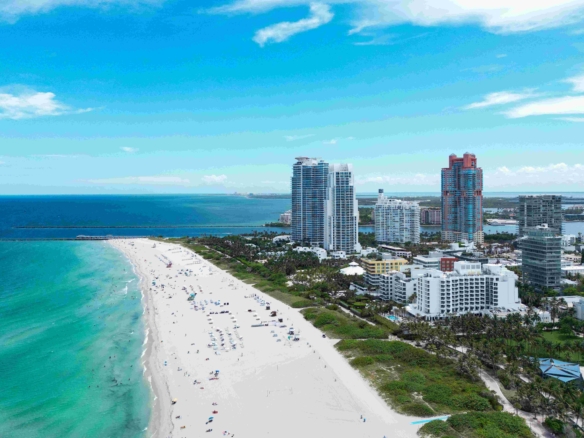Buying your first home can be a daunting process to go through. Credit scores, mortgages and deposits are all on your mind and can feel like a lot of heavy financial issues to deal with. We understand that you need all the help that you can get.
So, this essential guide has been created to point you in the right direction when it comes to buying your first home, so that you are armed with all the correct information and can close the deal with confidence.
Work out the money and deposit you’ll need
Most buyers require a mortgage to purchase a property and the bigger deposit you can put down the lower the interest rate you can secure, which in turn means lower monthly repayments. Now that Help to Buy is being dwindled out, expect to pay a ten per cent deposit towards your first home.
Whilst working out your deposit you will also need to work out your finances at the same time. There are lots of different costs involved when it comes to buying a house such as mortgage fees and broker costs. These are covered in more detail later.
Mortgages
A mortgage is a loan from a bank or a building society that is put against your home. You, as the borrower, will have to pay back this loan in addition to accrued interest. Now we know that this can sound extremely daunting to you first time buyers, but the more research you do the better it will be. You can learn so much about mortgages via the internet and reading news and guides on mortgages through websites such as on the Zoopla advice page.
One of your best options is to speak directly with a mortgage adviser. They will be able to help you fill out your mortgage application and can give you some helpful advice (but bear in mind that they will require you to pay a fee for this service).
Your type of mortgage will depend on the size of your deposit. So if you were to buy a house for £150,000 with a deposit of ten per cent, you’ll be paying £15,000.
Be prepared for a mortgage lender to do some checks on you, so that they can see whether or not you will be able to keep up with mortgage payments. You will need to also show proof of your income and outgoings such as current household bills and other living cost, as well as bank statements and payslips.
If you find yourself struggling to get a mortgage and need some helpful advice, check out this guide by the Money Advice Service.
Fees
There are extra costs that you will need to factor in, when arranging your mortgage and buying a new home. The main ones to consider are:
● Conveyancer fees: These are in exchange for handling the legal aspects of the purchase of your property and solicitors. This amount should come to between £500 to £1,500.
● Stamp Duty Land Tax: This tax is paid only on properties that are prices over £125,000. These rates only apply to the portion oThis guide explains this in more detail.
● Validation fee: Lenders charge this fee when making sure your property is worth the amount that they are lending you.
● Surveyor’s fee: This is a house survey that is needed for all parties, to look for any issues with the property.
Find a property
When your budget is in place you will be in a much better position to start looking for your new home. Consider all aspects, such as what sort of property you’d like. Would you prefer new build home or an existing property? Garage or no garage?
You can start searching for homes online and beat the crowds by setting yourself up new property alerts via sites such as Rightmove and Zoopla.

When it comes to viewing properties, if you’re planning on living alone then make sure you take someone with you. It’s easy to get carried about when looking round different properties so it would be good to have someone with you to keep you grounded. There are also several questions you should consider when it comes to viewing such as:
● How long has the house been on the market?
● What is included in the sale?
● Have any other offers been made on the house?
● What work has been completed on the property?
● What are the neighbours like?
Once you’re all sorted and have everything in place for your new home, remember the final thing to consider is moving costs. This will depend on how many items you have and the level of service that you request but shop around, don’t go with the first company you see.
Moving into a new home is very expensive and there are a number of things to consider but in the end it will all be worth it.




